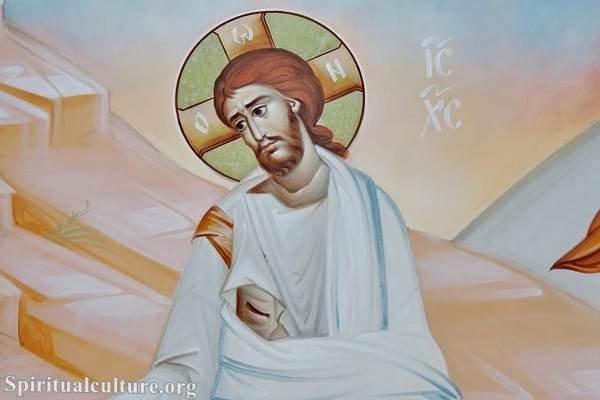Christianity, one of the world’s most widespread religions, has a rich and complex history that spans over two millennia. It has been a major force in shaping the world’s cultural, political, and spiritual landscapes. But who founded Christianity? This question is one that has been asked countless times and has elicited a myriad of responses. It’s not as straightforward as it may seem, as Christianity doesn’t have a single human founder like many other religions. It is a faith rooted in divine revelation and historical events, with its origins intertwined with the life of Jesus Christ and the apostles’ work.
Christianity
Christianity is centered on the life, teachings, crucifixion, and resurrection of Jesus Christ, a 1st-century Jew from Nazareth. The core belief of Christianity is that Jesus is the Son of God, the Messiah prophesied in the Old Testament, who came to earth to save humanity from sin and death. Christians believe in the Holy Trinity: God the Father, God the Son (Jesus Christ), and God the Holy Spirit. They believe that through faith in Jesus Christ, humans can have eternal life.

The Birth of Christianity
The birth of Christianity can be traced back to the life and teachings of Jesus Christ in the 1st century AD. However, it’s essential to understand that Jesus himself didn’t set out to start a new religion separate from Judaism. Jesus was born into a Jewish family and lived according to Jewish law. His teachings were rooted in the Jewish tradition, but he also brought new interpretations and understandings of those traditions.
Jesus’ teachings attracted a significant following during his lifetime. His followers, known as disciples, saw him as the long-awaited Messiah. However, it wasn’t until after Jesus’ crucifixion and reported resurrection that his followers began to see him not just as a prophet, but as the Son of God. This belief is the foundation of what would later become Christianity.
The Role of the Apostles
Following Jesus’ death and reported resurrection, his disciples, particularly the Twelve Apostles, played a crucial role in the establishment of Christianity. The apostles, led by Peter and Paul, took on the mission of spreading Jesus’ teachings far and wide. They traveled extensively, preaching the gospel and establishing Christian communities throughout the Roman Empire.
The apostle Paul is often considered one of the most influential figures in the development of Christianity. He was initially a persecutor of Christians but converted to Christianity after experiencing a vision of the resurrected Jesus on the road to Damascus. Paul’s letters to the early Christian communities, many of which are included in the New Testament, helped shape Christian theology and practice.
The Establishment of Christianity
The process of establishing Christianity as a distinct religion was gradual. It began as a sect within Judaism, with its followers observing Jewish laws and customs. However, as the apostles and other early Christians spread the gospel to non-Jews (Gentiles), differences in beliefs and practices began to emerge.
Over the first few centuries AD, Christian communities developed their own rituals, such as baptism and the Eucharist. They also formulated creeds to summarize their beliefs. At the same time, the religion faced significant persecution from the Roman Empire. It wasn’t until the 4th century AD, under Emperor Constantine’s rule, that Christianity was officially recognized and eventually became the state religion.
In conclusion, the question “Who founded Christianity?” doesn’t have a single, straightforward answer. It can be said that Jesus Christ is the spiritual founder of Christianity, as it is his life, teachings, crucifixion, and resurrection that form the basis of Christian faith. However, the apostles, particularly Peter and Paul, were instrumental in spreading Christianity and establishing it as a distinct religion. Christianity is a faith that emerged from a complex interplay of divine revelation, historical events, and human agency.


